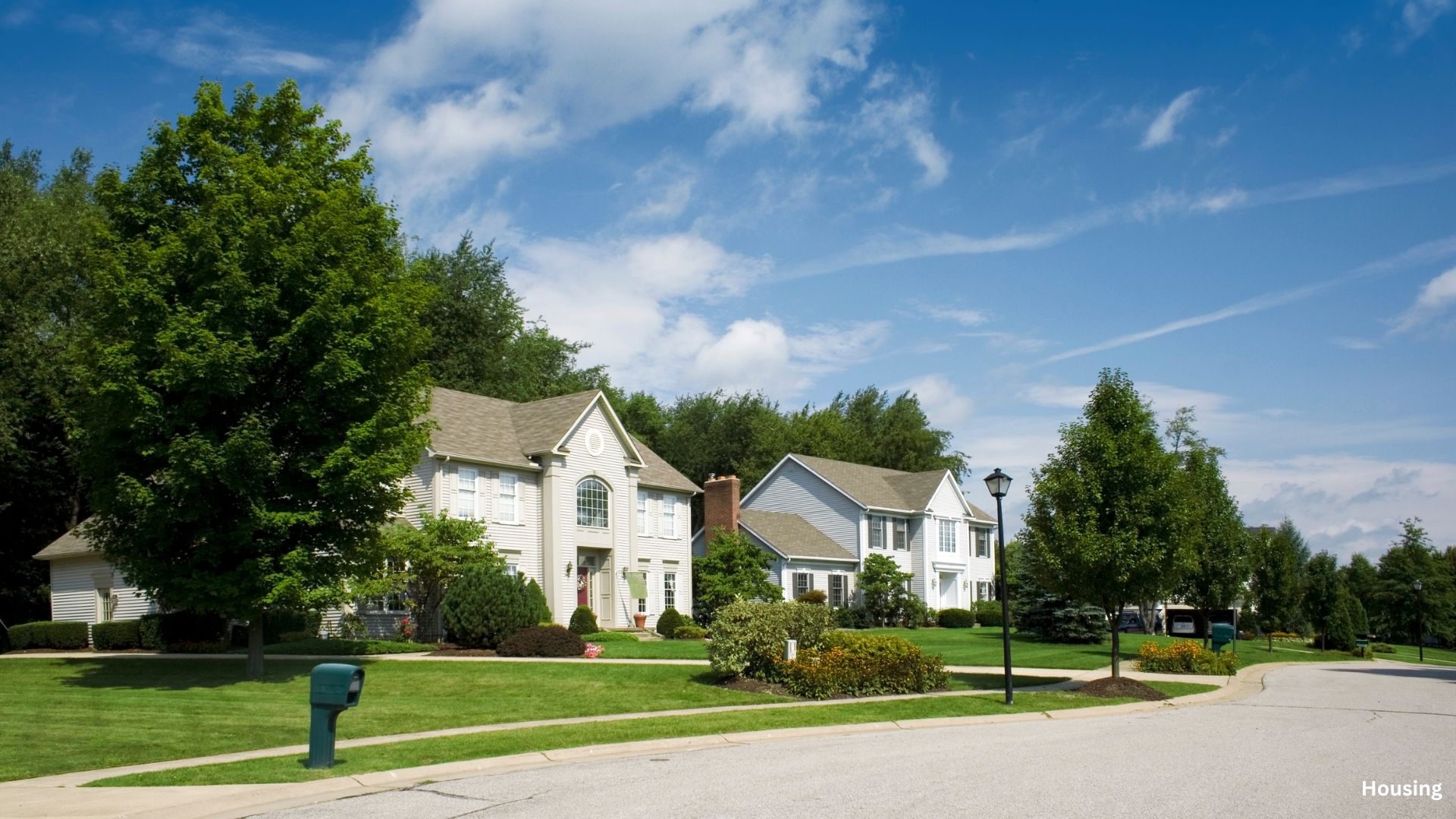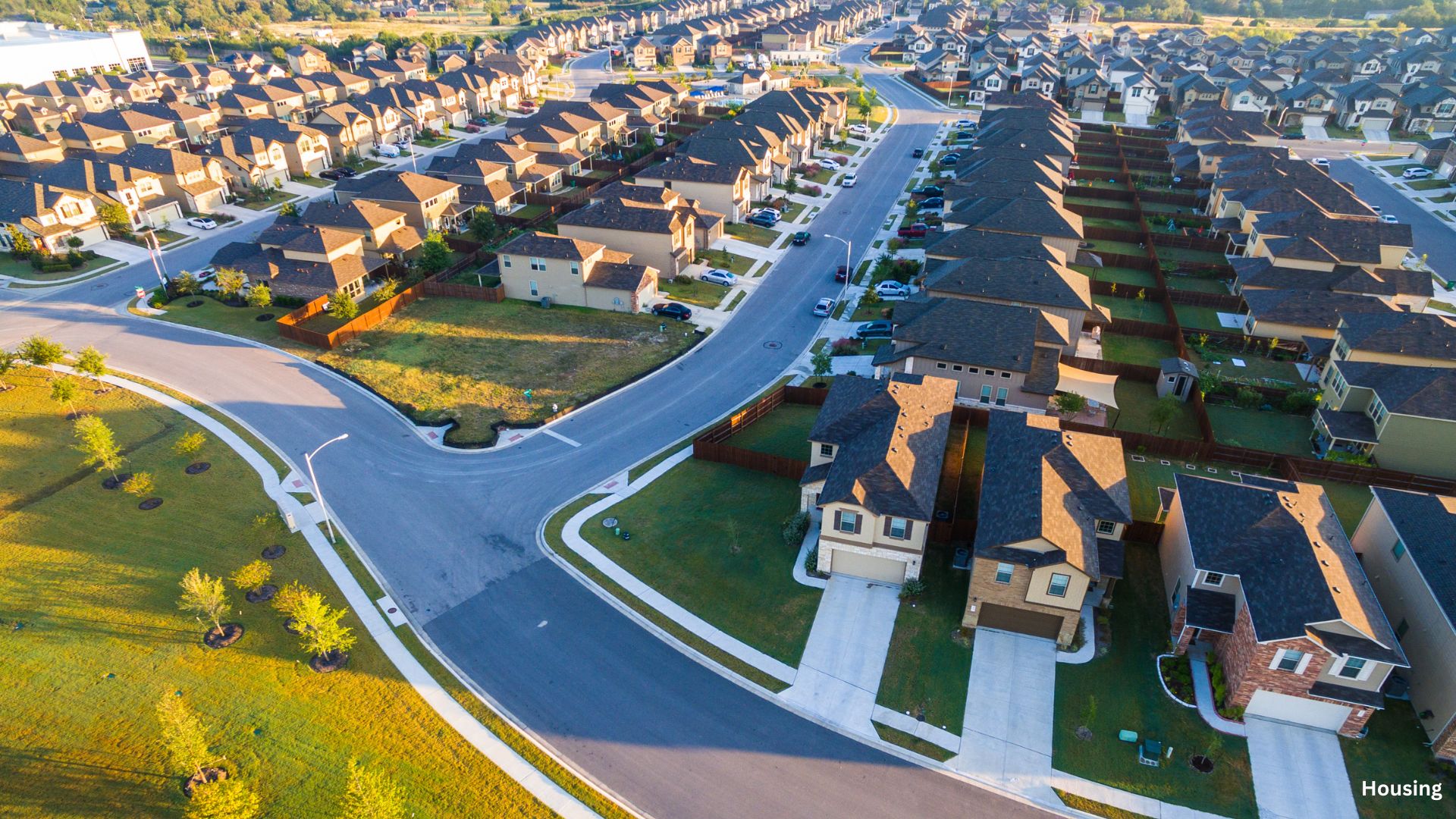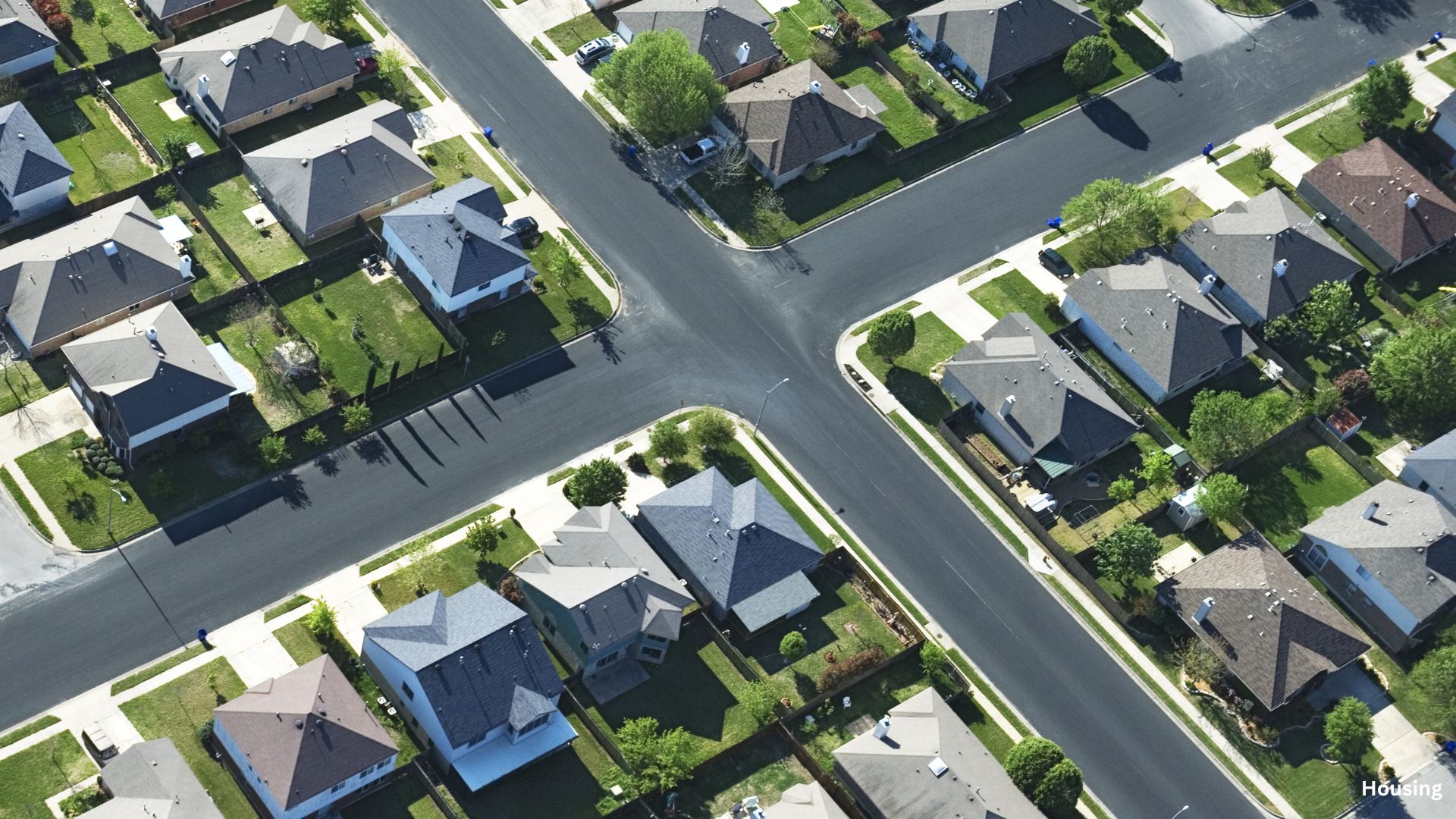The fair housing rule has long been at the center of efforts to combat housing discrimination in the United States. This key regulation, officially known as the Affirmatively Furthering Fair Housing (AFFH) rule, was designed to address patterns of residential segregation and promote racial equity in homeownership. However, three years after President Biden took office, housing advocates are growing frustrated with delays in finalizing the rule. With the 2024 election fast approaching, political considerations are increasingly complicating the rollout of the fair housing rule.

A Historical Look at the Fair Housing Rule
The fair housing rule finds its roots in the 1968 Fair Housing Act, a landmark law aimed at prohibiting discrimination in the sale, rental, and financing of homes based on race, religion, national origin, and other protected characteristics. The AFFH rule, introduced during the Obama administration, sought to strengthen this legislation by requiring local governments to actively address segregation and inequities in housing. In 2015, the Obama administration formalized this regulation, but it was suspended under President Trump, who framed the rule as a threat to suburban living.
Political Roadblocks and Advocacy
The Biden administration initially proposed reinstating the fair housing rule in January 2023, but since then, the process has stalled. According to a report from Politico, the delay is partly due to election-year politics, as the rule could become a polarizing issue in the upcoming 2024 campaign . Many civil rights and housing advocates suspect that concerns over political messaging are behind the delay. Some believe that rolling out the rule could invite backlash similar to what occurred in 2020 when then-President Trump used the issue to claim Democrats were attempting to “abolish the suburbs.”
“We need to stop deferring to how that man [Trump] messages,” said Noelle Porter, Director of Government Affairs at the National Housing Law Project, expressing her disappointment at the political calculation involved.

The Importance of the Fair Housing Rule
The fair housing rule is more than just a regulatory requirement—it’s a critical tool for closing the racial wealth gap. Homeownership remains the primary means through which most Americans build wealth, yet there is a stark racial disparity in homeownership rates. While 74% of white Americans own homes, only 45% of Black Americans do. This 29-point gap is wider than it was in 1960, underscoring the importance of federal regulations to address these inequities.
The rule would mandate local governments to submit “equity plans” every five years, identifying housing problems in their communities and implementing strategies to fix them. It would also provide avenues for public complaints if local governments fail to comply, ensuring accountability. Civil rights groups view the rule as a long-overdue measure to tackle systemic racism in housing.

Frustration Amid Delays
Despite broad support among housing advocates, the fair housing rule remains under review by a White House sub-agency. The political stakes are high, with some worrying that releasing the rule before the election could result in its reversal by a new Congress through the Congressional Review Act.
Lisa Rice, President of the National Fair Housing Alliance, acknowledged the dilemma. “If the rule gets rescinded, it might take decades before we get another chance,” she stated. However, others, such as Marc Morial, CEO of the National Urban League, argue that delaying the rule for political reasons would be a mistake, advocating for its immediate release.
The White House has assured advocates that it remains committed to finalizing the fair housing rule. “We are working to ensure that the final rule will encourage more housing development everywhere it is needed,” said White House spokesperson Jeremy Edwards .

The fair housing rule represents a pivotal moment in the fight against housing discrimination and segregation in the U.S. While political factors and upcoming elections complicate the regulation’s rollout, advocates continue to push for its finalization. This rule has the potential to not only address housing inequalities but also move the country toward greater racial and economic justice. As election day approaches, all eyes will be on the Biden administration to see if they will fulfill their commitment to racial equity through the release of the fair housing rule.








